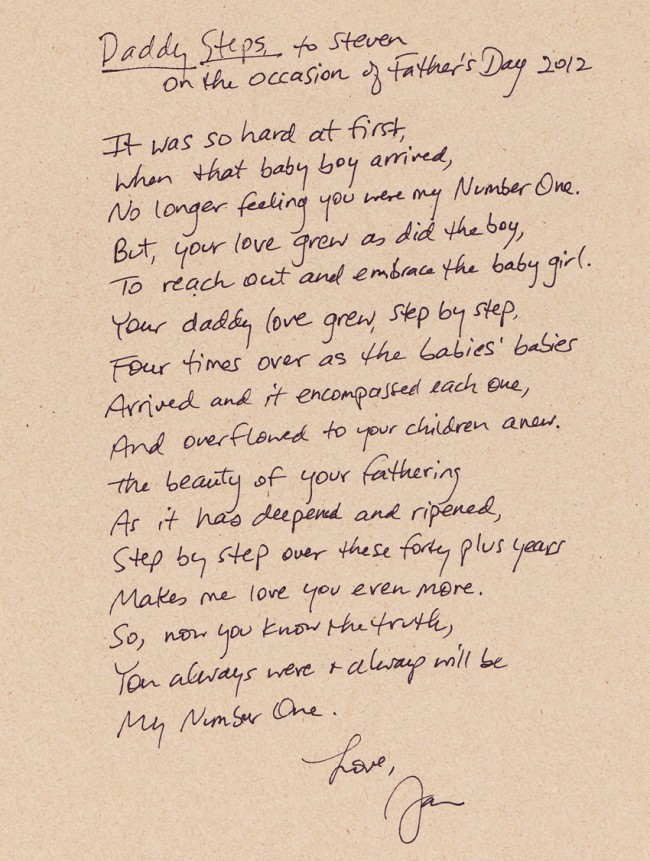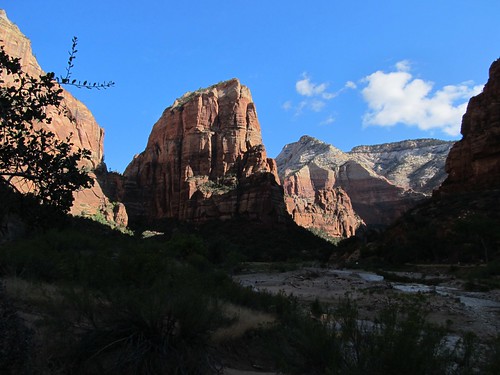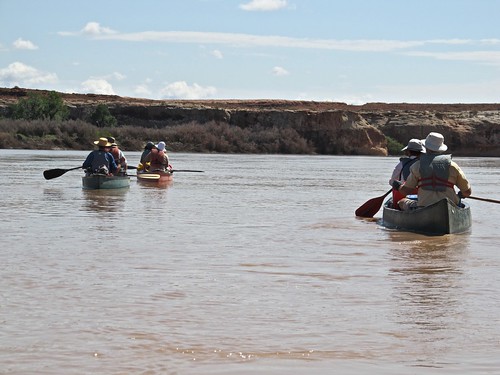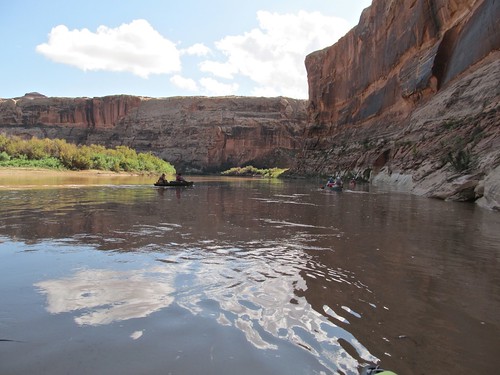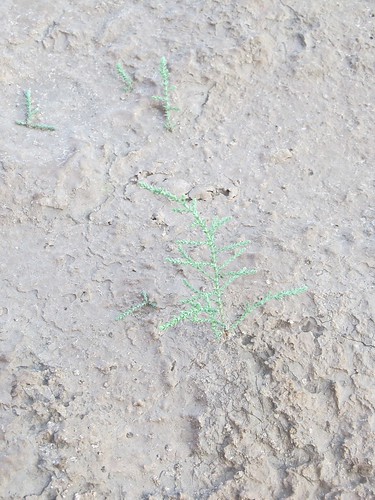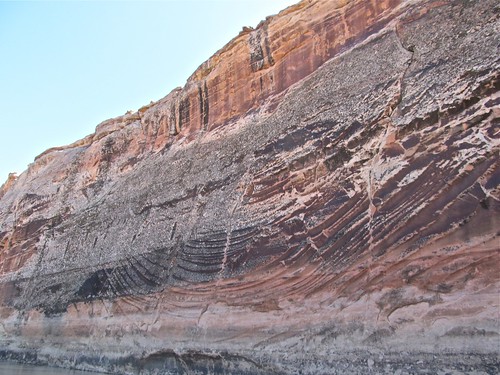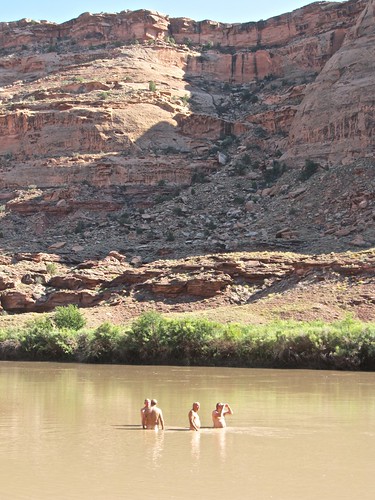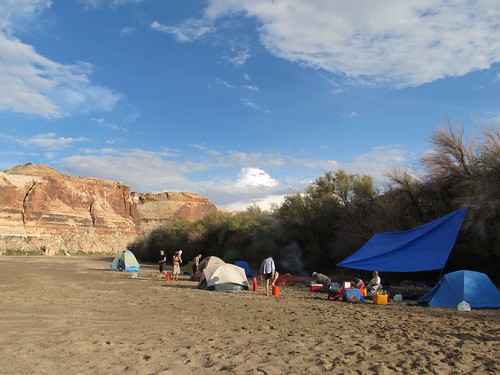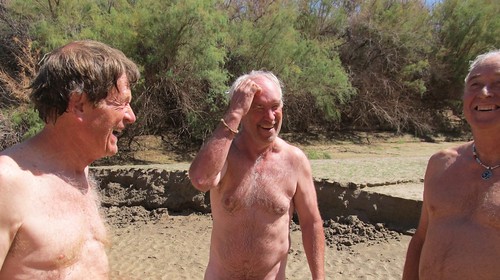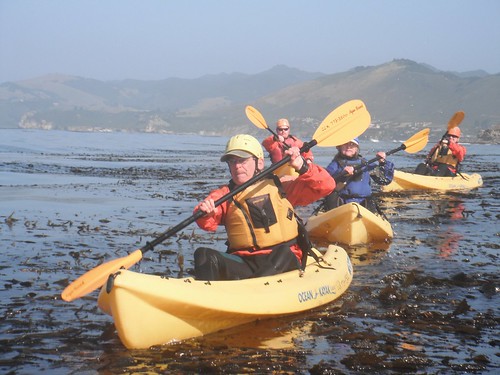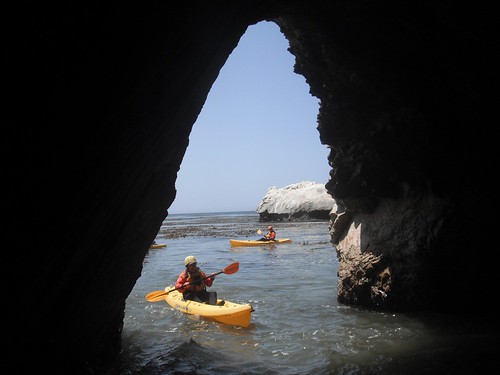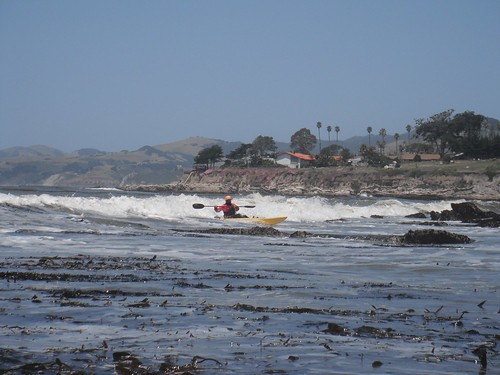There’s alot for an environmentalist to feel hopeless about these days, from calls for the militarization of the Arctic Ocean as a response to the melting polar icecap to the prospect of our local chapter of the Sierra Club running out of money. So I decided to take a little trip to Nipomo to express a treasurer’s appreciation to a donor whose generosity has allowed us to keep going for one more year, and also to get my spirits raised.
“Bill’s Farm” looked no worse for the wear since the last time I stopped by three years ago. I noticed an ancient carriage almost hidden by the gaggle of bicycles kept here for the use of his hostel visitors from all over the world and the array of solar panels on the roof setting off the “No Diablo” sign by the corner of the house.
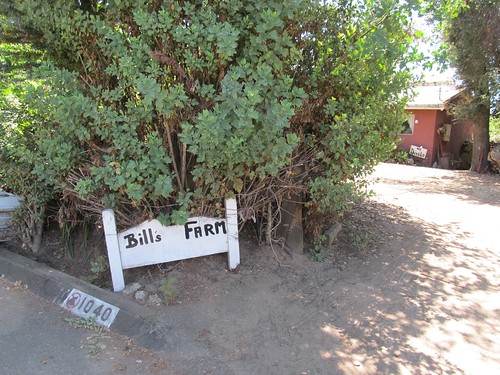
I was welcomed by a high ringing voice, and once inside surrounded by walls and tables completely covered with pictures and clippings. On the counter was a half-empty quart bottle of beer next to another one full of milk.
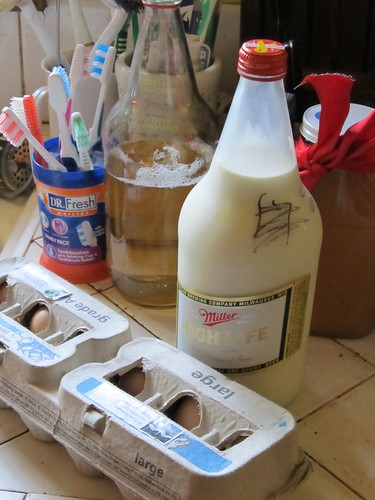
“Just did the goats,” giggled the man with flowing white hair, cascading beard, cabled arms and frighteningly tough legs revealed by his short-shorts.
“I love goat’s milk,” I said, “reminds me of my days on an old homestead in British Columbia.”
“Take it,” he answered, “and that dozen eggs from my chickens.”
“Bill, I came to say thanks,” I replied, “and here you keep giving me more.”
The phone rang and he spoke briefly to someone about the Santa Maria Times article on the table that reported his $500 environmental award to the graduating High School Senior who’d volunteered in the Nipomo Native Garden and was now heading for UCSB.
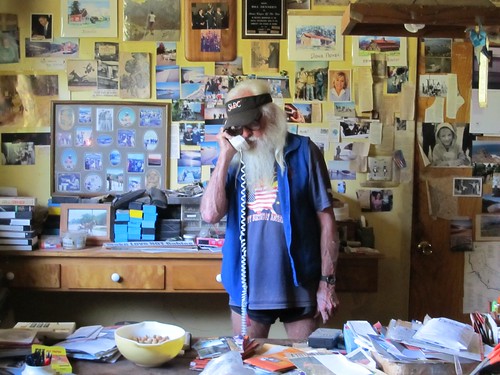
“These young people inspire me,” he said. They’re our only hope. I’m 86 and starting to lose it, but they carry the torch. Here’s another one of my heros,” he declared, pointing to a picture of Jordan Hasay: “While I was doing a triathlon a couple of years ago and just ready to throw in the towel, she came up behind me. ˜You can make it,’ she said, ˜just keep going.’ And she was right.
Then here’s Virginia Souza, she’s the President of the Natural History Museum in Santa Maria. It’s tiny, but she just hosted an event there for the Chamber of Commerce which brought out forty people. In Santa Maria! She was a biology student of mine way back when. I introduced her to the idea of ecology. Here’s an award for the 40th anniversary of Earth Day she gave me last year.”
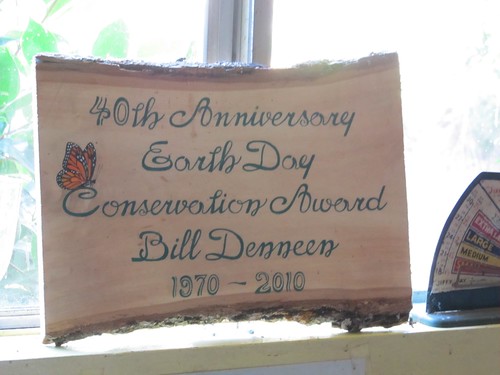
“And this is my woman’s wall. Next to the fridge, pictures and articles about Barbara Boxer, Lois Capps, Hilda Zacarias, Lisa Jackson, Dixie Chicks, Sonia Sotomayor, Ruth Coleman, Marion Jones, Steph Brown, Kathy Goddard Jones. “I remember your Dad, Henry,” Bill chuckled. “He used to tell me how the dunes were ˜so sensual.'”
That must have been 20 years ago, when my father was just about Bill’s age now. “How old are you?” he asked.
“Sixty nine,” I answered, “just retired.”
“My sixties were my best decade,” said Bill. “Learning how to appreciate things because the end was in sight, but still capable.”
He brought over a stack of postcards and said, “here, take a few.” The top one was a photo of a sand dune gracefully curved against the sky. Running up it was a black lab next to a perfectly formed naked young woman. “I’ve worked to save those Dunes and Point Sal for 50 years–from a Nuclear Power Plant, from a Coal Fired power plant, from a housing development, from developers. And now they’re safe in perpetuity, since the SLO Land Conservancy just purchased the last developable property. Lets go out back.”
We passed his desktop computer surrounded by magazines and books, where Bill composes his “Nipomo Free Press,” an email newsletter that includes commentaries on the latest news and on long term issues as well as responses from his readers”precursor of the blog. We talked of another hero, writer and 350.org organizer Bill McKibben, who was sitting in a Washington jail after leading a protest against Obama’s approval of the XL Pipeline. We passed the chickens scratching in the sand, the empty pigpen”the pig was in the freezer”and the goat corral. He climbed nimbly over a high gate into an overgrown orchard of apple and tangello trees heavy with fruit that I sampled and picked. “I just cant keep these up any more,” he said with a twinkle. Don’t get old.”
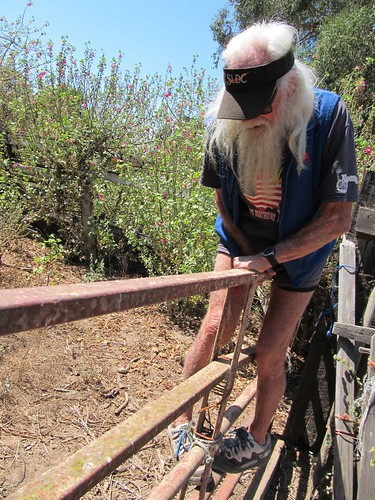
On my way back to the car weighted down with eggs, milk and fruit, I felt lightened. Instead of dreading yet another meeting to discuss grant applications, budgets, and liability insurance, I was eager to share Eldr Bill’s harvest with the volunteers at the potluck that night.
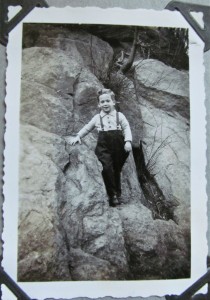 Her title,”Daddy Steps” is a phrase I invented when I was three years old to denote little granite stairways and trails that diverged from the paved footpaths in Fort Tryon Park, near our tiny upper Manhattan apartment. My Daddy and I would love to follow them together off the beaten track.
Her title,”Daddy Steps” is a phrase I invented when I was three years old to denote little granite stairways and trails that diverged from the paved footpaths in Fort Tryon Park, near our tiny upper Manhattan apartment. My Daddy and I would love to follow them together off the beaten track.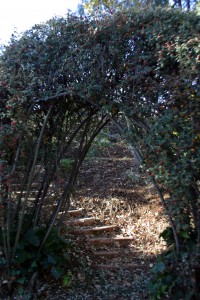 When I first saw the steep undeveloped backyard of the house we moved to in San Luis Obispo in 1988, I looked forward to making some Daddy Steps for my grandchildren.
When I first saw the steep undeveloped backyard of the house we moved to in San Luis Obispo in 1988, I looked forward to making some Daddy Steps for my grandchildren.
